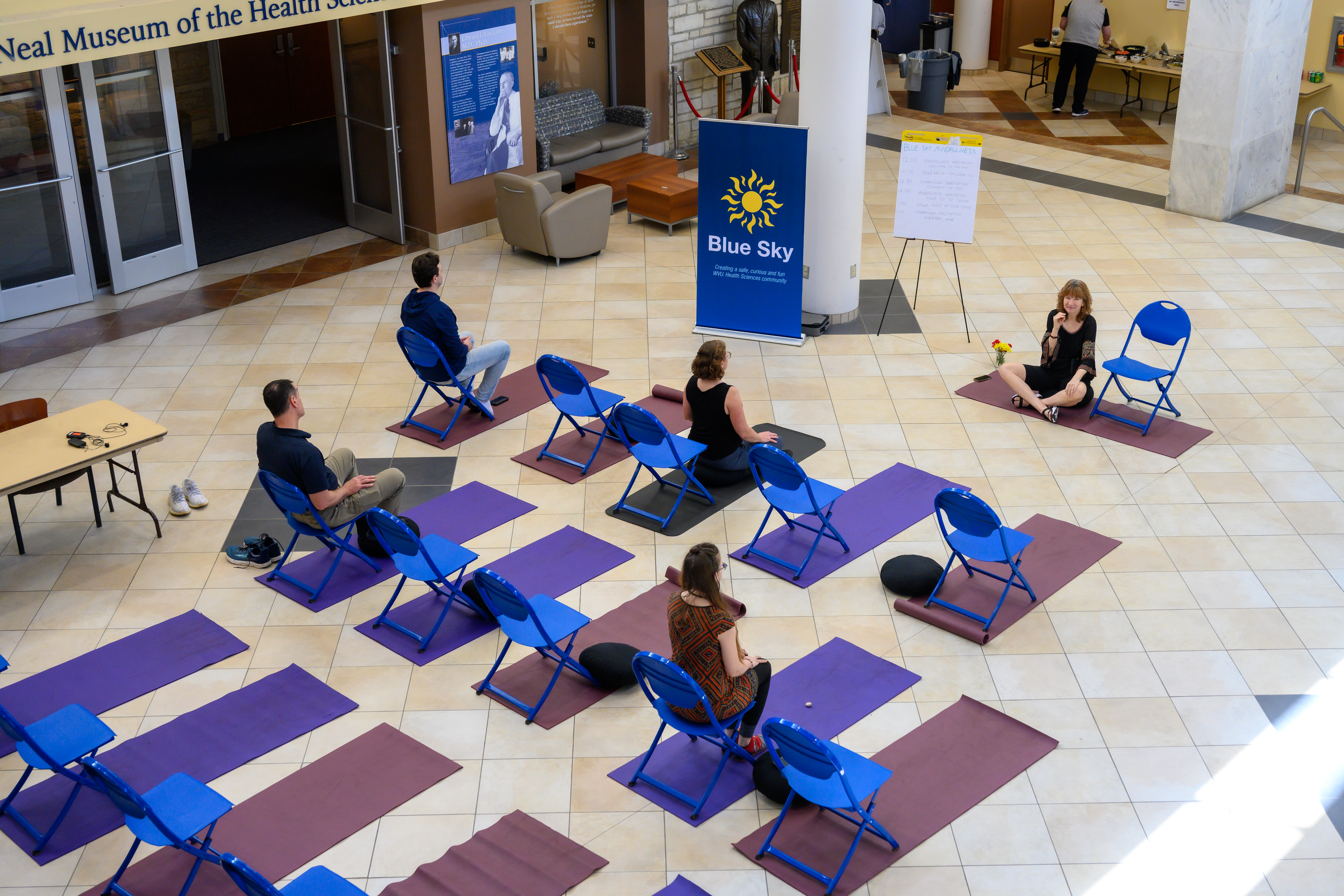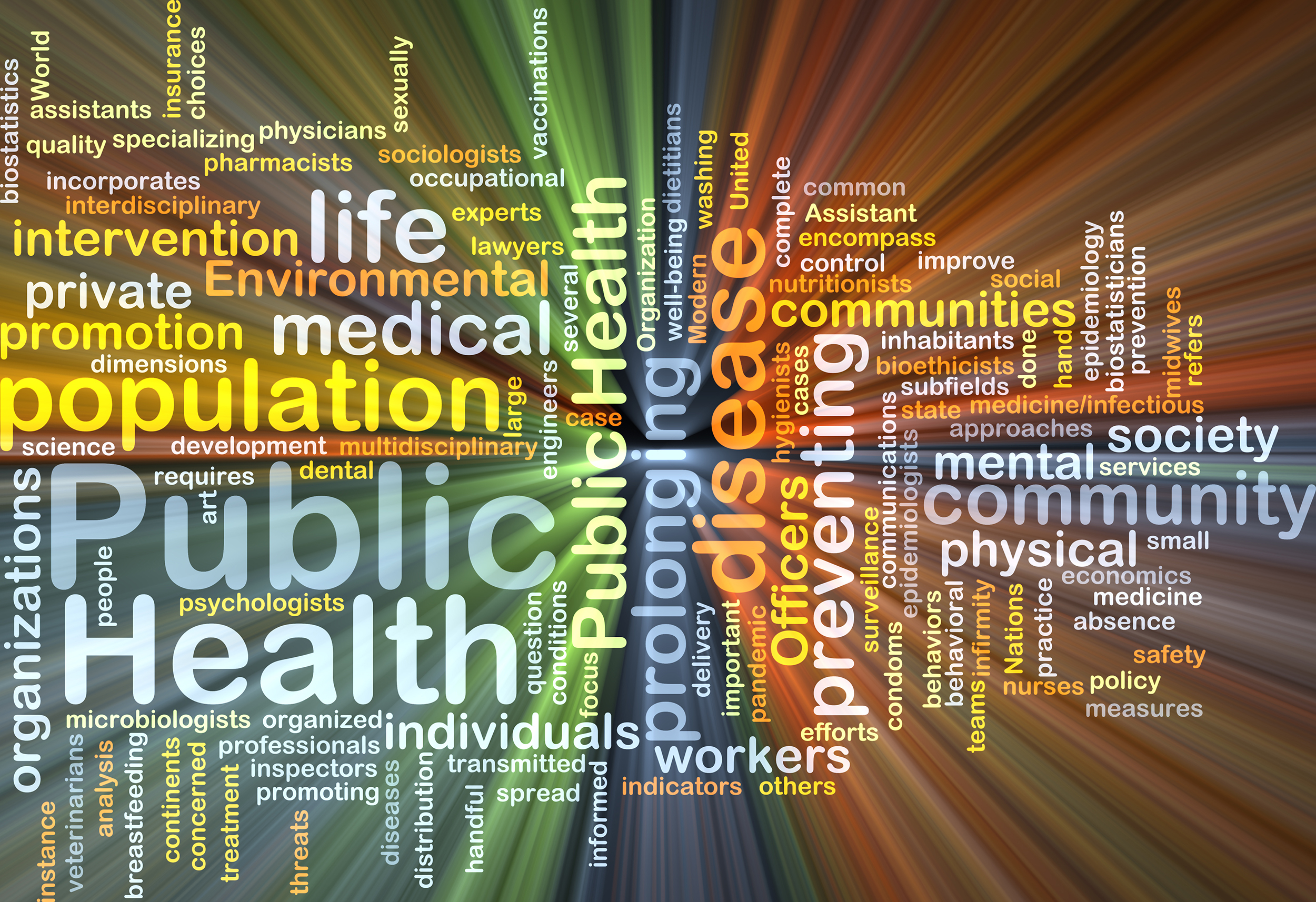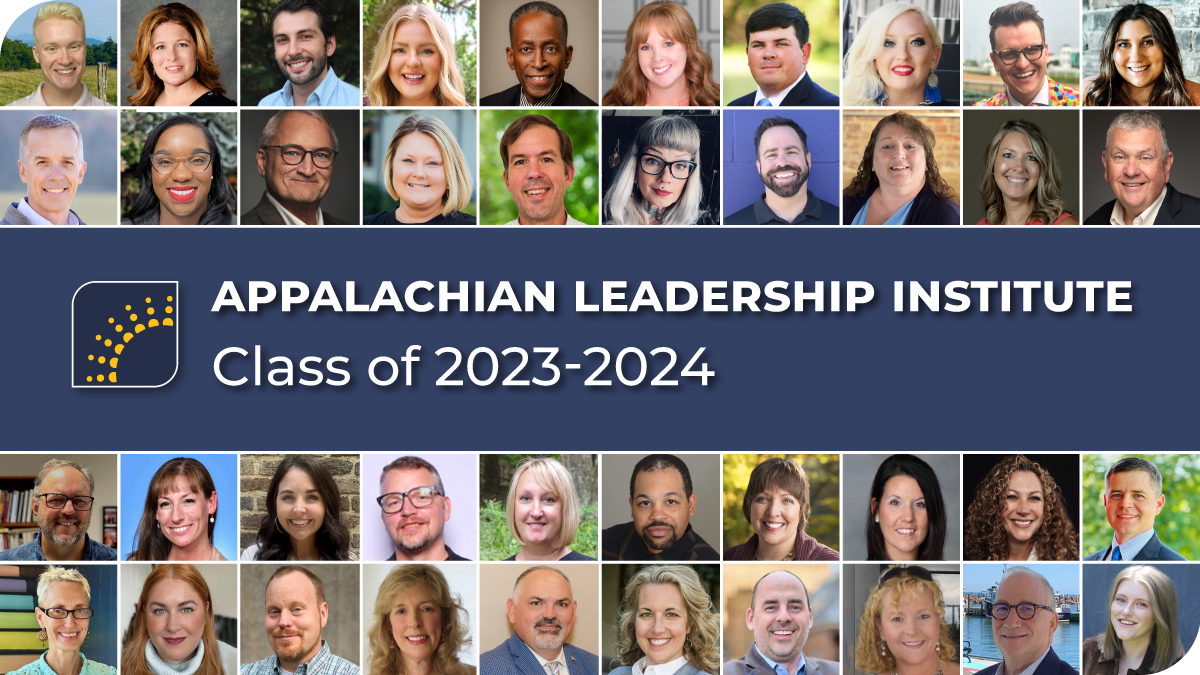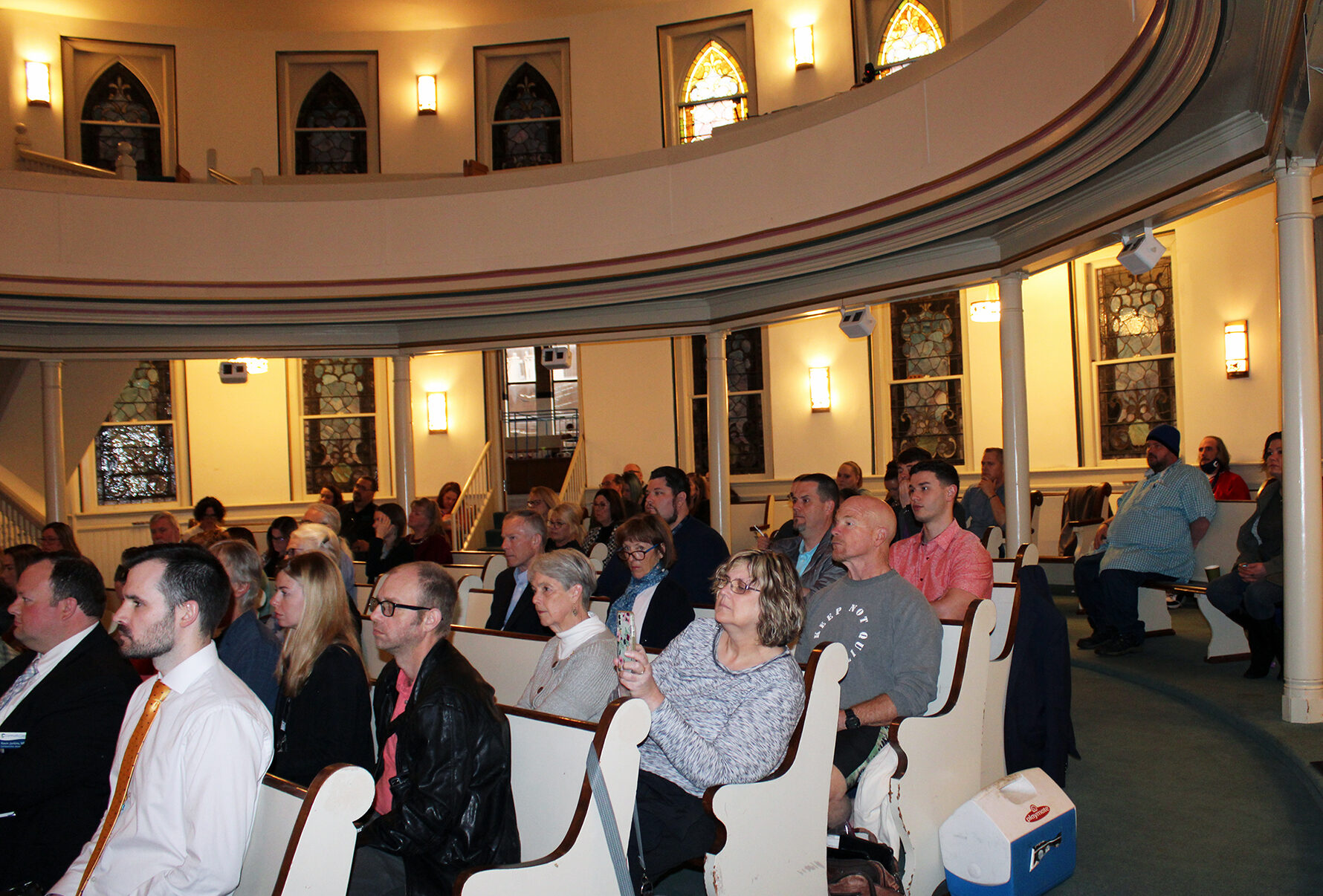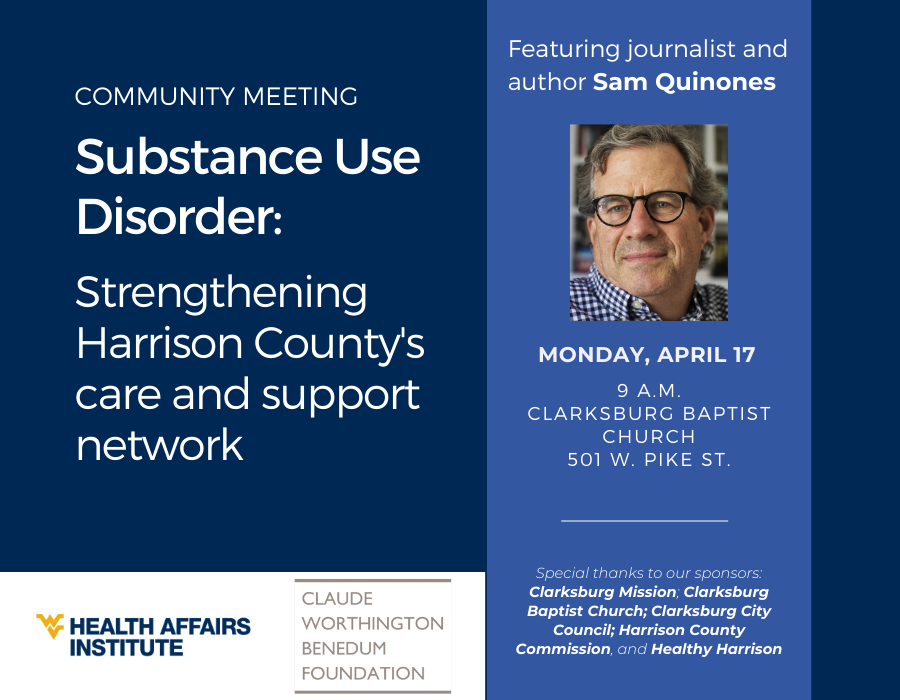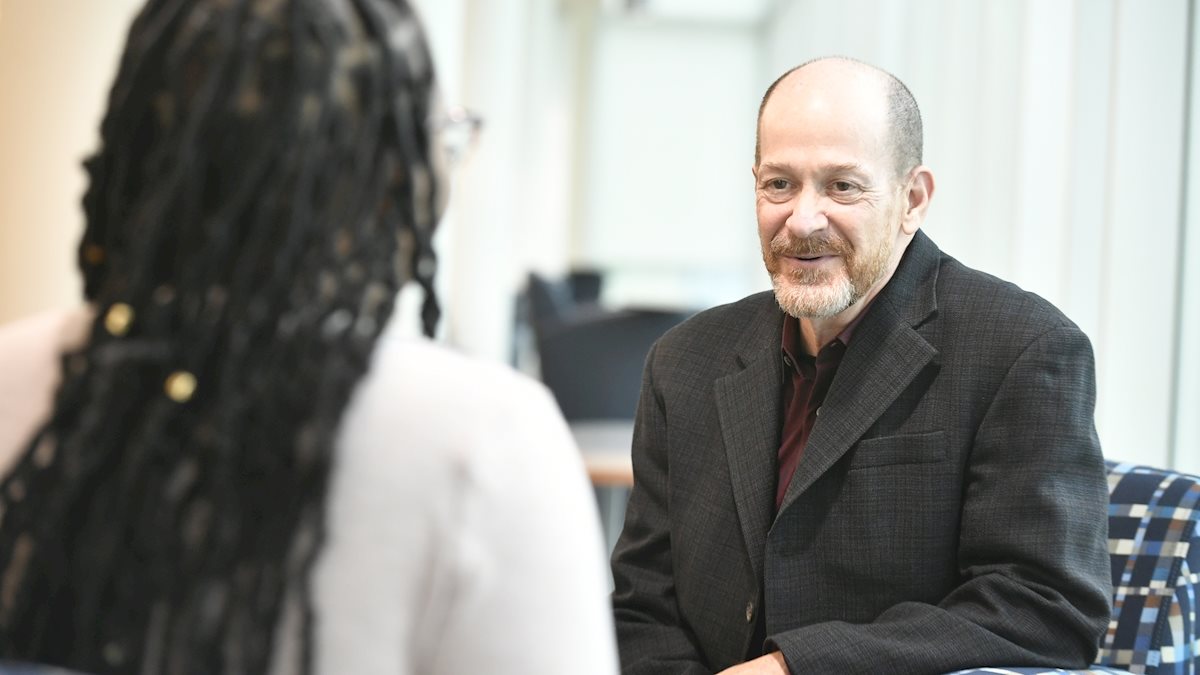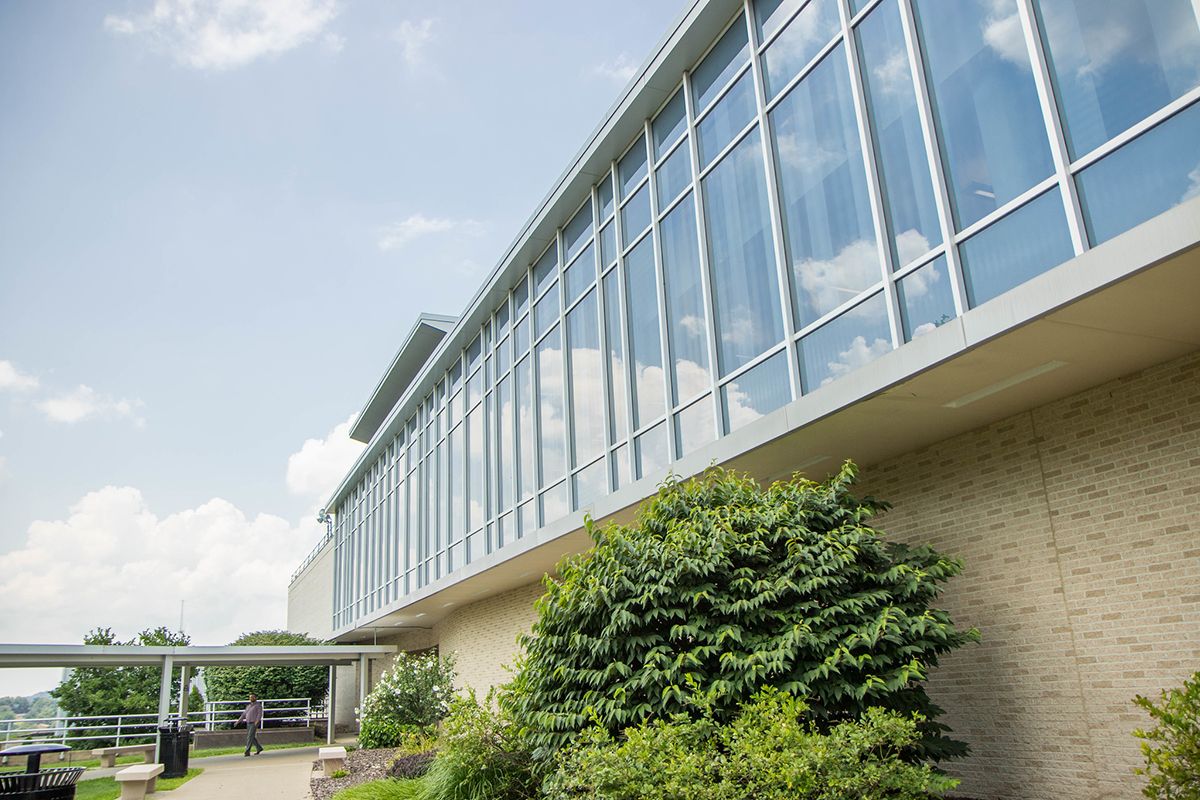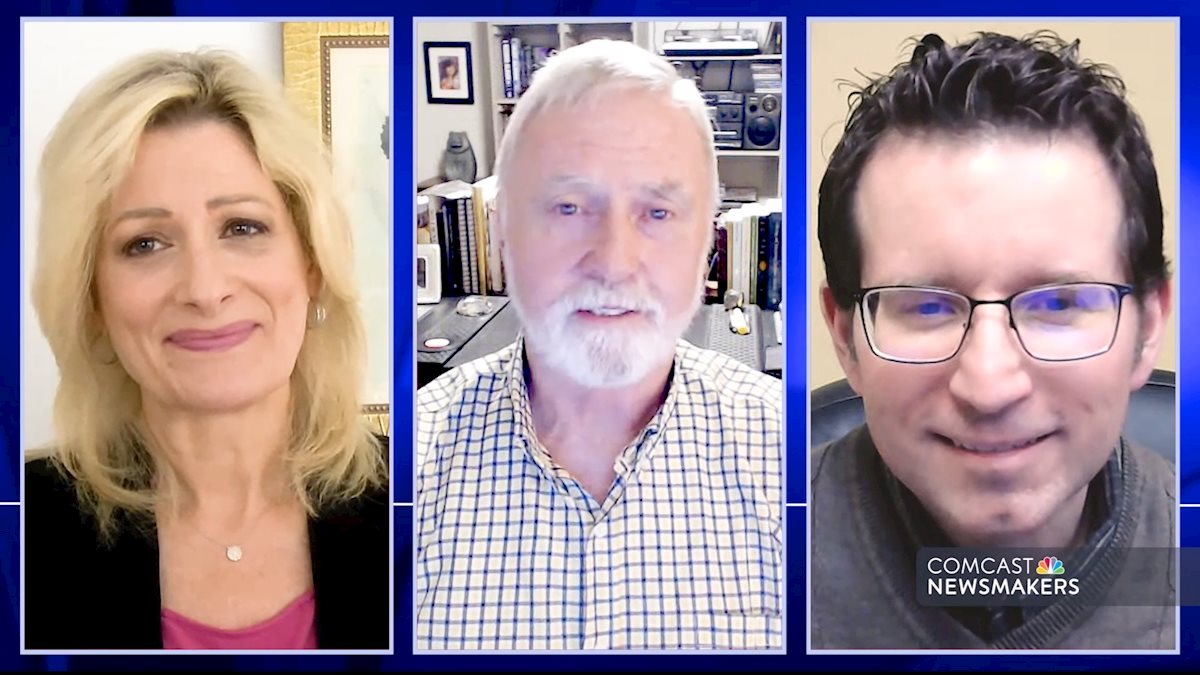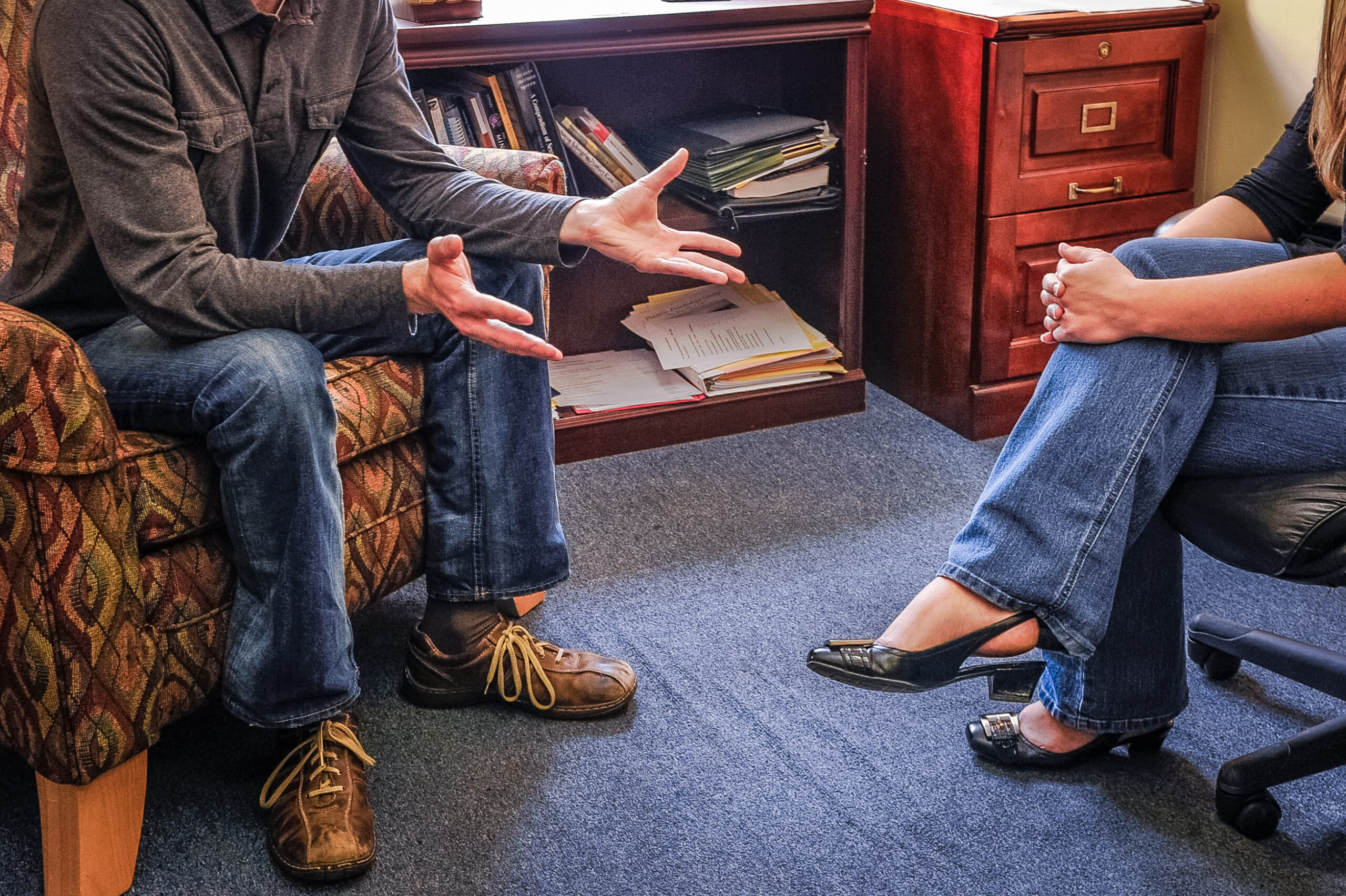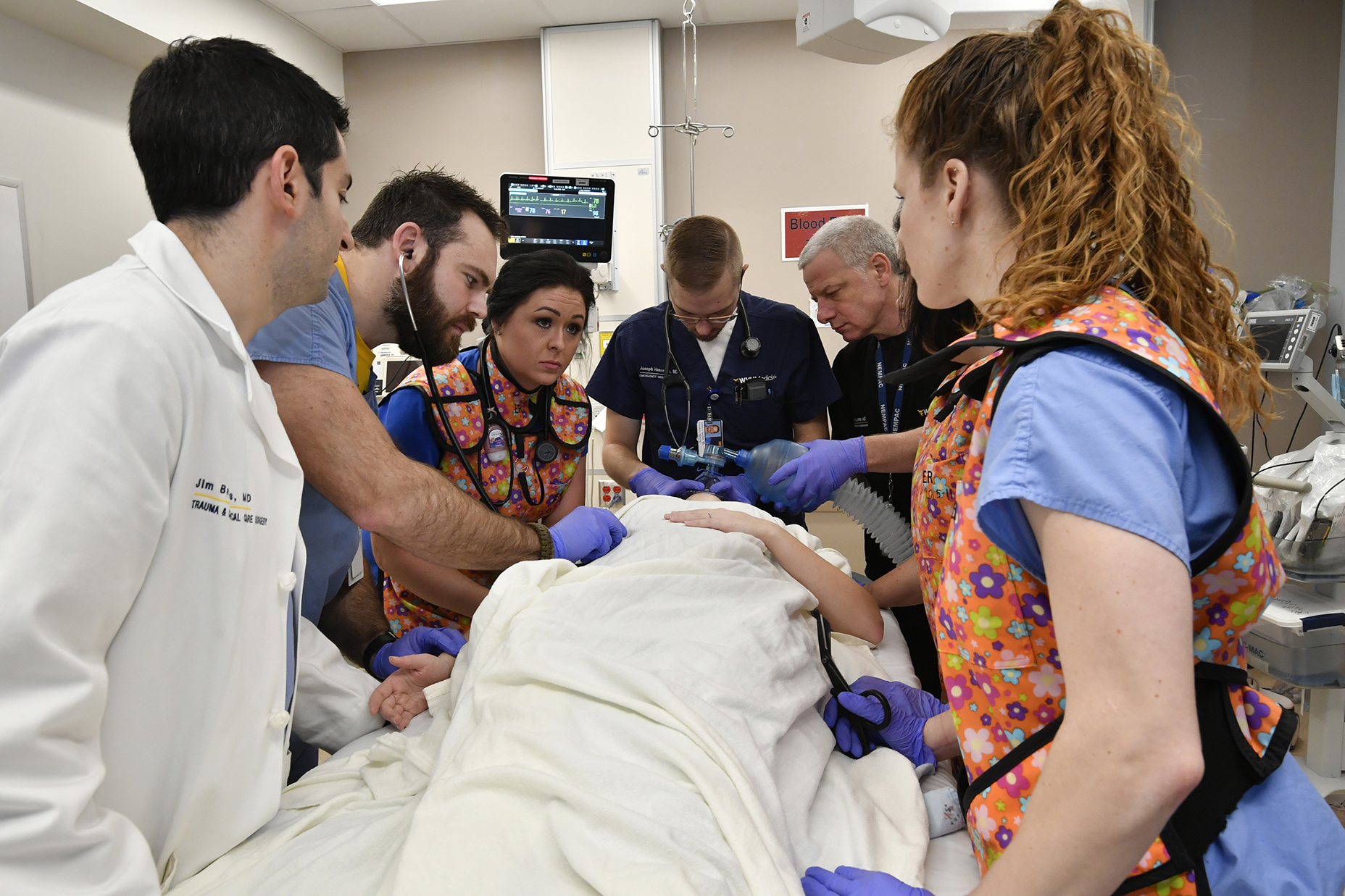School of Public Health graduate student presents Health Affairs project at state rural health conference
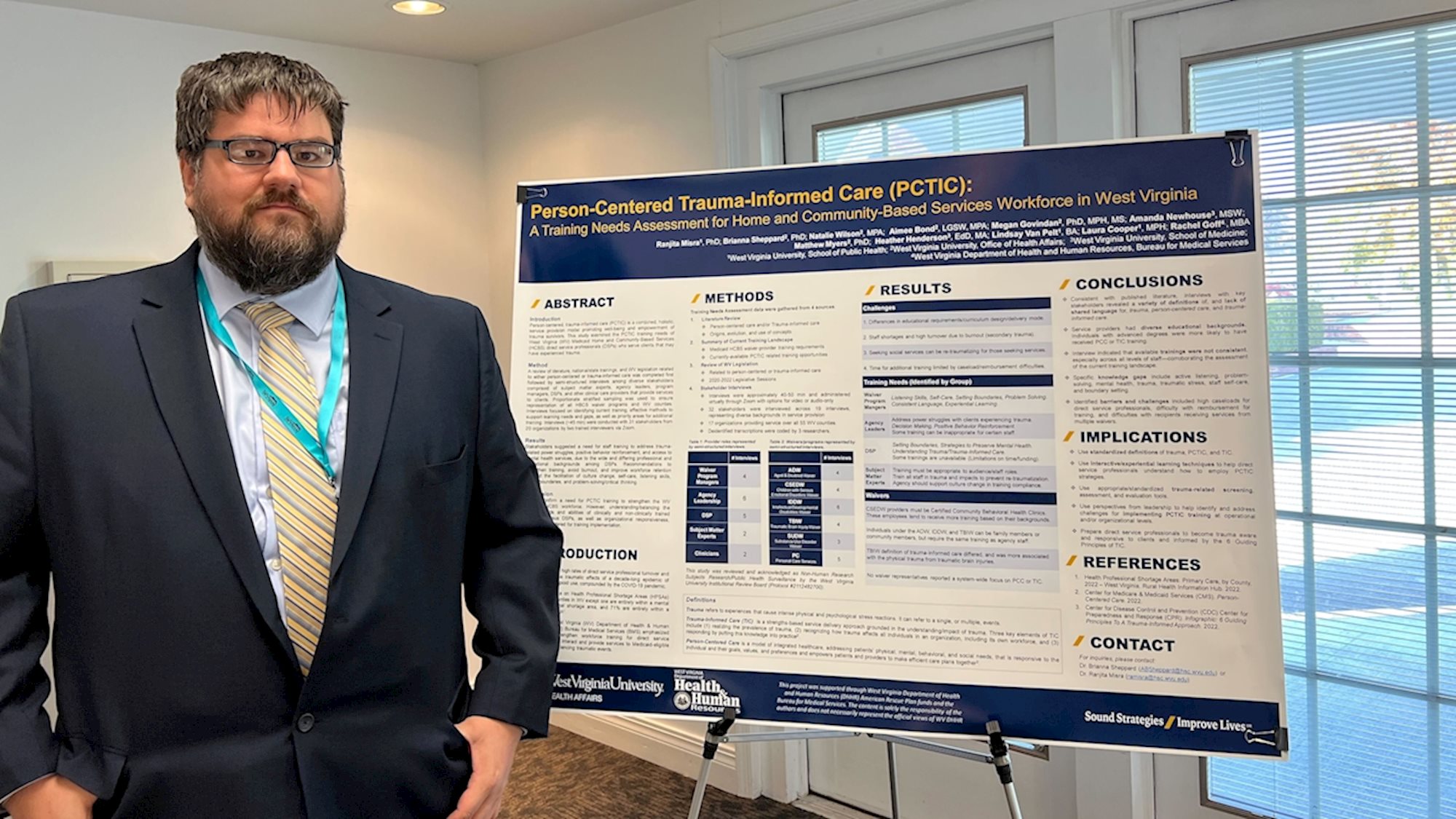
Uniontown, Pa. native Matthew Myers was one of a select group of students presenting at the West Virginia Rural Health Conference from Oct. 19 to 21. Myers, a biostatistics graduate student in the West Virginia University School of Public Health, assisted the Health Affairs Institute’s Person-Centered, Trauma-Informed Care team with its presentation on developing trauma-informed training for direct service professionals in West Virginia.
As part of a larger project, this study examined West Virginia service providers’ perspectives on person-centered and trauma-informed care, specifically how they are trained on these types of care. Person-centered approaches to care consider an individual’s experiences, needs and goals, while trauma-informed approaches confirm all individuals and levels of an organization are mindful of trauma and its impacts on individuals, families, groups, organizations and communities. Many social service organizations adopt this person-centered, trauma-informed approach when working with issues like domestic violence and substance use. Target populations for this project include West Virginia Medicaid, home and community-based service program managers and direct service professionals serving clients that may have experienced trauma.
Supported by the West Virginia Department of Health and Human Resources Bureau of Medical Services through American Rescue Plan funds, the PCTIC team will share its review of what training and expertise providers already have and what more is recommended.
With a PhD in biomedical sciences from WVU, Myers gave us insight into why he chose to go on to study public health and his impressive work with WVU Health Affairs Institute.
What does public health mean to you?
Myers: I had little insight into public health prior to joining the biostatistics program. Instead, I was focused more on developing a particular skill set. I have since found myself in a hallway full of open doors. I’ve had opportunities to work and network with people from diverse personal and professional backgrounds, opportunities to gain practical experience in team-based settings and, most importantly, I had the opportunity to do work that directly impacts the health and well-being of individuals who aren’t just abstract statistics but are living, breathing people local to my community. Public health is an opportunity to better myself and to better the world around me.
How has your work with the WVU Health Affairs Institute influenced your perspective on public health?
Myers: I have been able to deepen my understanding of biostatistical methods and gain better insight into, and practical experience with, the processes of statistical consulting, data analysis and interpersonal communication. From my work with Health Affairs, I have gained an understanding of how public health organizations are structured and how they function. I have also come to find that teamwork in public health is much more dynamic and adaptive than the type of work I have previously done, which has been an interesting change of pace.
Your Health Affairs team has continuously praised your dedication. What has been challenging or rewarding about your time on this project?
Myers: A major challenge in working on the PCTIC project was definitely balancing the changes of the workflow of the project with my other projects and work. Public health work is more intense and dynamic than other positions I’ve worked in the past, which can be stressful at times. On the other hand, keeping on top of the project’s faster pace is rewarding in itself because you are able to see the goals you are achieving and feel like you are making progress toward some greater end.
Have you had any professors or faculty members who have made an impact on you while at WVU? If so, how?
Myers: It’s difficult to find professors and faculty at WVU who have not made significant impacts on my life. My mentors Dr. Stephen Alway and Dr. Randall Bryner were not only foundational in my educational and professional development but were vital in overcoming what felt like endlessly arising crises in the laboratory. In the biostatistics program, Dr. Caroline P. Groth and Dr. Sijin Wen have given both infinite support and encouragement, especially when I thought failure was inevitable.
Those who I’ve engaged with more professionally, like my collaborators at NIOSH and team members at Health Affairs Institute, have also gone above and beyond in establishing productive, supportive, and respectful work environments while accommodating the odd hours of a student. I also need to thank Dr. Ranjita Misra, and give a shout-out to Dr. Brianna Sheppard, who is not only a co-principal investigator for our team at Health Affairs, but also works endlessly to support all the students through the facilitation of the Health Affairs student meetings.
What are some of the insights you gained from your work on PCTIC? What personal impact has it had?
Myers: While I greatly enjoyed biomedical research, which is also very important to health science, being able to see the work you do get translated into policy or practice and have tangible, positive effects on the people around you is very rewarding. Recognizing that your work can be a force for change can be intrinsically motivating and can help push you past unexpected challenges.




